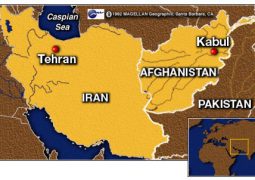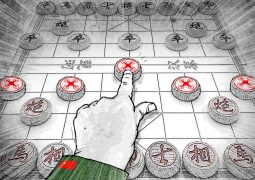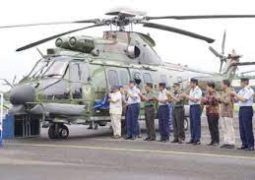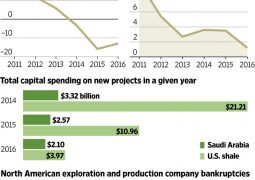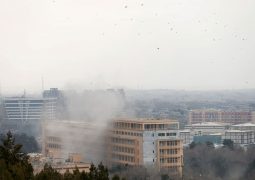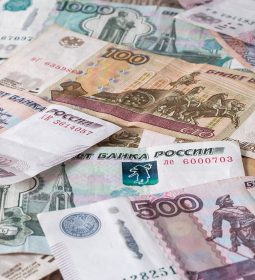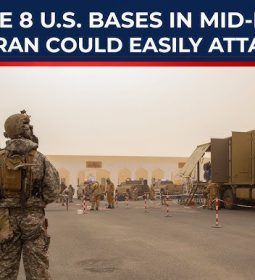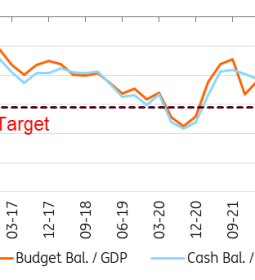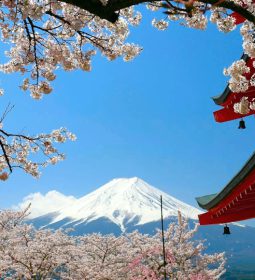Donald Trump’s Call With Taiwan Leader Raises Fresh Uncertainty Over U.S.-China Relations
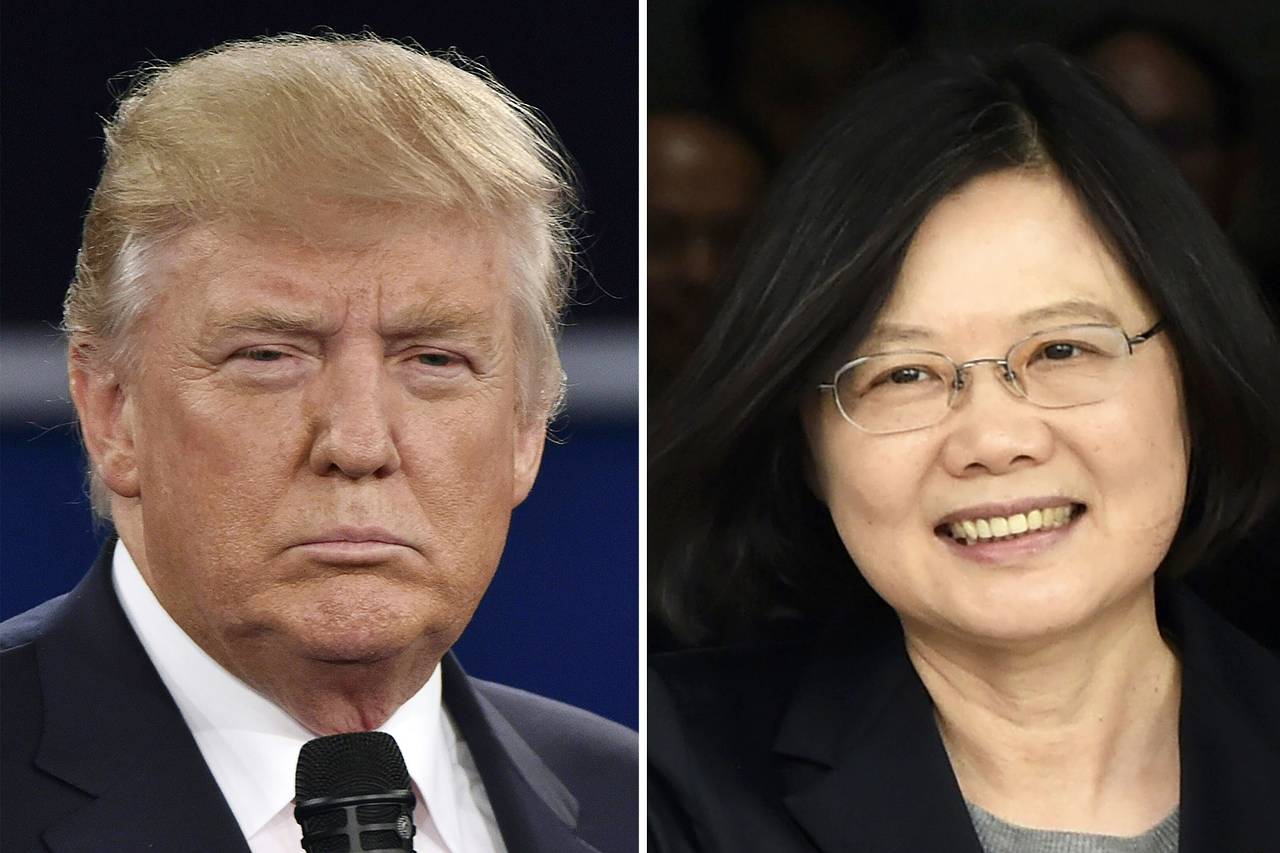
U.S. President-elect Donald Trump’s Friday telephone call with Taiwan’s president is plunging U.S.-China relations into uncertainty, potentially jeopardizing crucial cooperation on a range of issues, perhaps most ominously North Korea.
The Chinese lodged an official protest with the U.S. on Saturday, though Beijing focused blame on Taiwanese President Tsai Ing-wen and is likely to show restraint toward Mr. Trump in its initial public responses to the phone call, which breached decades of U.S. diplomatic protocol. Still, Chinese representatives are sure to seek meetings with the Trump transition team to warn that the entire relationship would be at risk if Mr. Trump pursues closer relations with Taipei.
A range of global issues requiring cooperation between Beijing and Washington—from management of the global economy to climate change—stand to become more complicated if Friday’s call translates into a policy shift once Mr. Trump takes office. It could also worsen existing tensions, including recent Chinese activities in the South China Sea.
The phone call comes only days after China backed U.N. sanctions on North Korea, the result of a monthslong, U.S.-led diplomatic effort to get Beijing on board.
The U.S. has pressed China for years to use its clout as North Korea’s biggest investor, aid donor and trade partner to persuade Pyongyang to abandon its nuclear-weapons program.The Obama administration has conveyed its view to Mr. Trump’s team that North Korea should be the top security priority for the incoming administration, according to people familiar with the conversations.
Passage of the recent sanctions, which effectively target North Korea’s coal exports to China, had indicated Beijing’s willingness to send a message of impatience to its neighbor. Their success depends in large part on how rigorously China enforces the curbs and how well China and the U.S. continue to work together.
“You can’t expect China to make sacrifices on North Korea while the U.S. meddles with Chinese core interests in Taiwan,” said Wang Sheng, a professor at China’s Jilin University who studies China-North Korea relations.
Some U.S. experts and Trump supporters take the view that Chinese help on North Korea has been minimal and that it wouldn’t be in Beijing’s interests to withhold cooperation. Those people also say Friday’s call served as an early message of support to U.S. allies and a warning to Beijing to rein in its assertive policies in the region, but Mr. Trump could still pursue close relations with China once in office.
Yet, Chinese leaders see Taiwan as the most-sensitive issue in ties with the U.S., which only switched diplomatic recognition to Beijing from Taipei in 1979, 30 years after China’s Nationalist forces fled to the island following the Communist takeover on the mainland. China still regards Taiwan as a breakaway province to be reunited with the mainland.
While wary of Mr. Trump’s unpredictability, Beijing had hoped he would follow through on indications during his presidential campaign that he would downgrade U.S. alliances in Asia. Friday’s phone call to President Tsai sends the opposite message to U.S. allies and partners worried by China’s recent assertiveness.
“If Trump continues on this path as president, it will seriously impede U.S.-China relations,” said Shen Dingli, an expert on international relations at Fudan University in Shanghai. “Everything the U.S. cares about, China can help,” he said. “We’ll let the Americans know they’d lose out. North Korea would definitely benefit.”
‘You can’t expect China to make sacrifices on North Korea while the U.S. meddles with Chinese core interests in Taiwan.’
The timing of this latest controversy is especially delicate for the Chinese president, Xi Jinping, who faces a backlash to his hardline policies on China’s geographic periphery, including its Muslim far west and Hong Kong, as he prepares for a five-yearly shuffle of party leaders next fall.
Beijing is especially wary of any sign that Mr. Trump might step up U.S. arms sales to Taiwan. Washington is obliged by U.S. law to help the island defend itself, but in recent years it has refrained from selling weapons that would alter Taiwan’s military balance with China.
China has a range of potential responses, including withdrawing its ambassador to Washington, curbing investment in the U.S. and staging military drills near Taiwan. In 1996, it fired missiles into waters nearby, prompting the U.S. to send two aircraft carrier groups to the area.
There is a long history of U.S. presidents talking tough on China on the campaign trail or early in their administrations, only to adopt more pragmatic positions later on.
Chinese leaders are likely to give Mr. Trump a greater leeway because of his lack of diplomatic experience and record of changing his public position on controversial issues, Chinese and U.S. analysts say.
At the same time, Mr. Xi, as is the case with Mr. Trump, is more of a populist than his predecessors and is keen to project an image as a strong leader who is unwilling to compromise, especially on national sovereignty.
“One of the things Xi Jinping has made emblematic of his work style is, ‘If you do something to me, I do something to you,’” said Douglas Paal, former director of the American Institute of Taiwan, the de facto U.S. embassy in Taiwan. “So he’ll find some way to retaliate.”
Mr. Paal suggested one response would be over North Korea. “China has the ability, even on that issue, to make us feel a little bit more uncomfortable for this phone call having taken place.”
There is also concern in policy-making circles in Beijing and Washington that the phone call reflects the advice of several people advising Mr. Trump who have hawkish views on China and would like to see a closer U.S. relationship with Taiwan.
“I’m not sure that Trump was in on the plan,” said Bonnie Glaser, an expert on China at the Center for Strategic and International Studies in Washington. “It’s not clear he understands the neuralgia of Beijing on this issue.”
She added: “One of the things that happens when they become alarmed about Taiwan, is that from the president down, it crowds out all other issues.”
Write to Jeremy Page at jeremy.page@wsj.com, Chun Han Wong at chunhan.wong@wsj.com and Josh Chin at josh.chin@wsj.com
- Previous Iran says extension of sanctions act shows U.S. unreliable
- Next Uzbekistan observes election silence day



